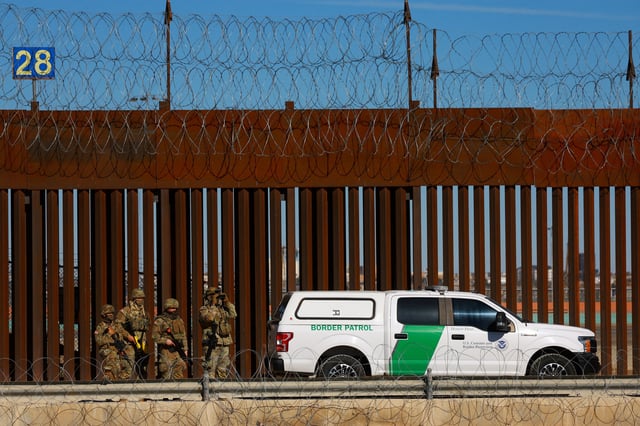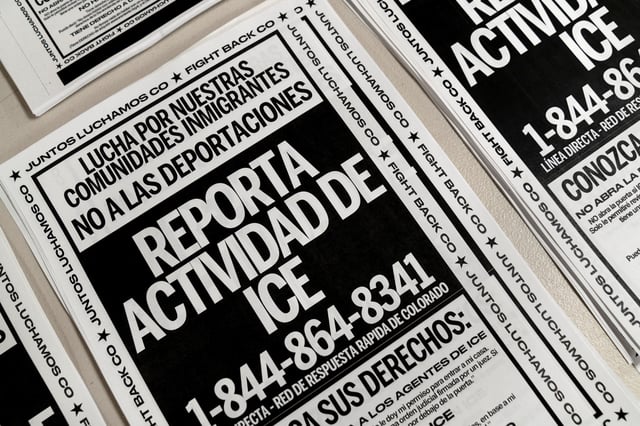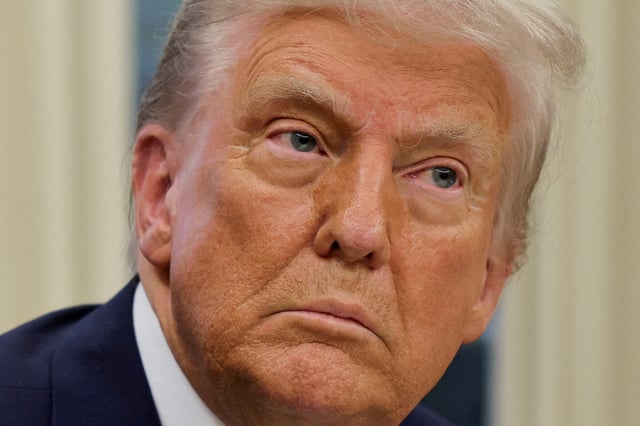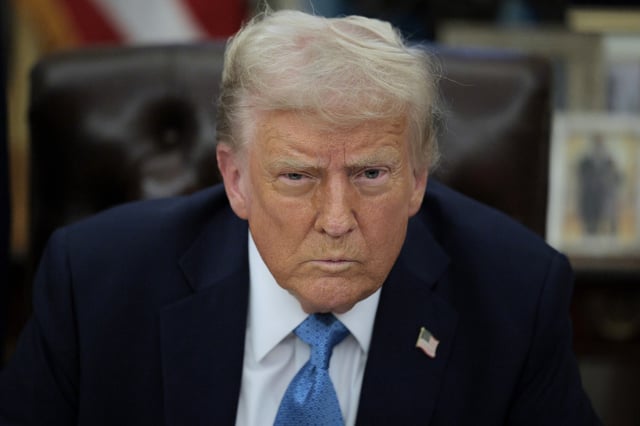Overview
- President Donald Trump has directed preparations to implement the Alien Enemies Act of 1798 to expedite deportations of alleged gang members and others deemed threats to national security.
- The law, previously invoked during wartime, allows the president to bypass due process for individuals with foreign allegiances during a declared war or invasion.
- Critics argue that the act's application to immigration enforcement lacks legal basis, with opponents emphasizing its historical use in discriminatory practices such as World War II internment camps.
- Trump's administration plans to designate certain criminal cartels and gangs as terrorist organizations, framing their presence as an 'invasion' to justify the act's use.
- Legal challenges are anticipated, with civil rights groups and Democratic lawmakers pushing to repeal the act, citing concerns over constitutional violations and human rights.



